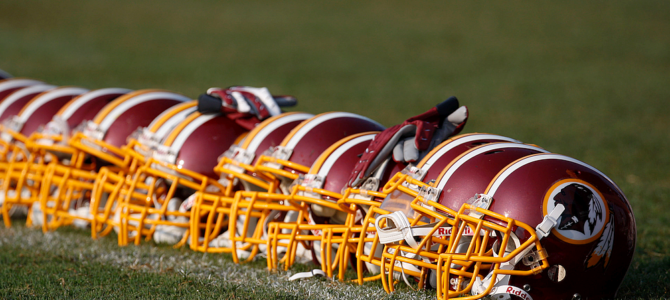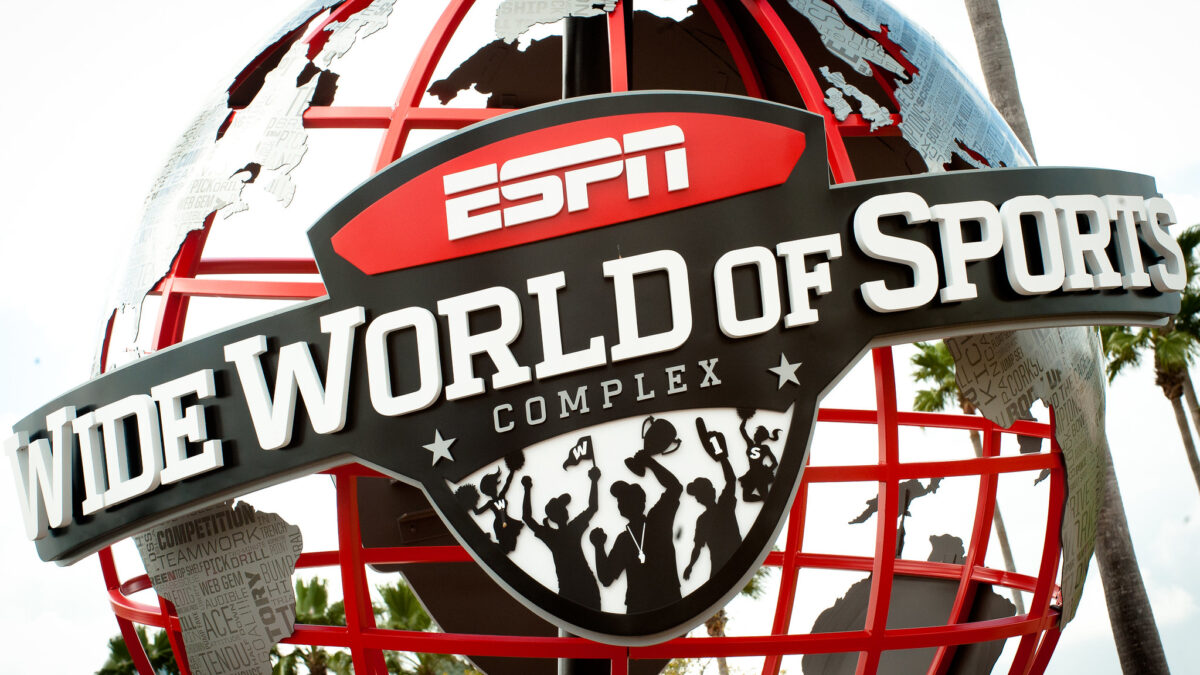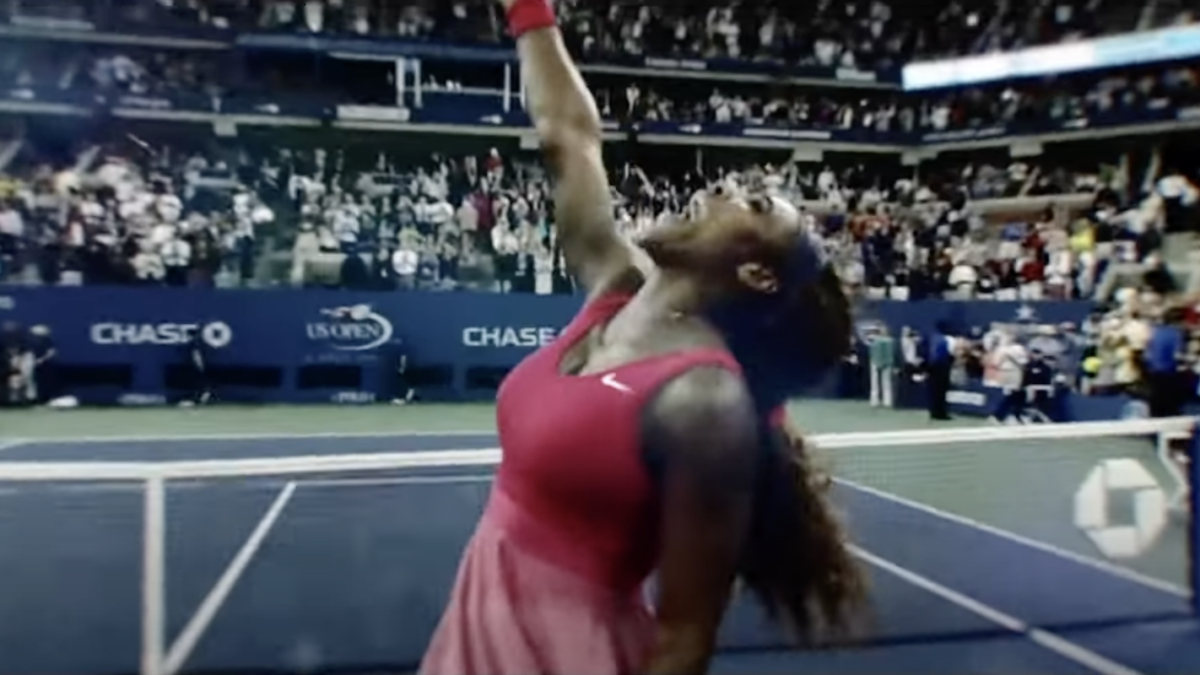Sports are competitive. There are winners and there are losers. In order to play, we’re forced to accept a number of politically incorrect or offensive notions, because the nature of the game demands it.
Our social sensibilities tell us to wait our turn in line, that everyone is special, and that labeling someone as a “loser” is mean, but these behaviors just don’t apply on the field. To win, one must run faster, kick harder, and throw further than one’s opponents. The strong are lauded as victorious, while the weak fall behind or get pushed out.
The age of participation trophies has tried to undo some of this truth, but the reality remains: very few participation trophy winners make it to the NFL, NHL, or MLB. In an excerpt from her book “Why Not Me,” Mindy Kaling explains the demise of the trophy. As a child, she discovered that her mom had hidden away a trophy she won for wearing the “Coolest Clothes” at basketball camp, because it was worthless.
My mom said something to me, slowly and carefully, like she always did to make sure I was really listening: ‘They gave you that trophy so you wouldn’t feel bad, not because you deserved it. You should know the difference.’ […] Later, I realized what she had said was true. A bunch of unearned trophies around the house would make me hooked on awards, which is bad in general, but especially bad if you don’t deserve them. The whole experience made me want to win another trophy, but win it for actually doing something great.
Kaling is right. Winners win, losers lose, and worthless trophies can’t change that. When a game’s objective is to beat out other players, the politically correct behavior of acknowledging everyone as “special” is silly. In the workplace and classroom, we’re encouraged to appreciate the unique contributions everyone brings to the table, but in a race there is only one victor. Only one can cross the finish line first. One winner emerges while a dozen losers bite the dust.
Despite the competitive nature of sports being completely at odds with political correctness, lawmakers love to try to impose such PC principles on teams. This week, California Gov. Jerry Brown signed into law a measure that will ban public schools from naming their teams “Redskins.” The new law will require four public schools in the Golden State to begin phasing out athletic apparel and mascots bearing the name, which many have decried as a racial slur that is offensive to Native Americans.
While it’s nice that Brown is trying to placate the concerns of the word police, he seems to be pretty out of touch from the harsh reality of athletics. There are winners and there are losers. If there are hurt feelings, that’s just too bad, because there is no crying in baseball, or any other sport for that matter.
Forcing teams to get rid of names that are considered offensive is absurd. Mascots with impolite affiliations deserve to be exempt from the rules of sensitivity just like the sport they represent.
Winning is mean. The victors are rewarded on the backs of another’s demise. Until the political correctness police can ban winners and losers from the game, what athletes choose to call themselves won’t undo the offensive nature of competitive matches. But that’s the point: sports aren’t politically correct. They never have been and they never should be.









